Barn Owls (Tyto alba)
Barn owls are widely distributed throughout the world, preferring mild, middle latitudes without extreme weather conditions. They are classed as a ‘Crepuscular Owl’ (Latin for twilight ) which is their favourite time for hunting. Main prey are field and bank voles, other small rodents and occasionally small birds. Barn owls inhabit open lowlands, upland grasslands and heaths. The European population of Barn Owls is in decline due mainly to loss of habitat, shortage of prey and modern farming methods. Barn owls are equipped with amazing hearing which allows them to detect prey when it is not visible. Barn owls are, without doubt, one of the most popular of the owl species, being unique in appearance and easily recognised.
European Eagle Owls (Bubo bubo)
Classed as one of the largest owls, the European Eagle Owl is found across Europe, with the exception of Britain. It has gained recent popularity for being the particular type of owl that delivered the letter to ‘Harry Potter’. ‘Eagle Owls’ are easily recognised by the prominent ‘ear tufts’ on the head. With a wingspan of 160-188cm, Eagle Owls are formidable predators. Eagle Owls' main food source are rabbits, hares and occasionally birds up to the size of a mallard. The females, being larger, have been known to kill small deer. Active hunting, usually begins at dusk, or earlier if feeding young. Due to being such a large predator, Eagle Owls have been monitored in the wild as living for many years, but rarely seen, as they prefer wilderness areas with rocky crags, woods and open country.
Peregrine Falcons (Falco peregrinus)
Classed as the fastest creature on Earth, Peregrine Falcons have been monitored at speeds in excess of 200 mph. The largest native Falcon in Britain, but also widespread across the world. All falcons, with the exception of the Kestrel, take their prey on the wing. The prime habitat for Peregrine Falcons are rocky ledges, mountains and cliffs. Prey varies from pigeons, doves, seabirds and ducks. For several years, Peregrine Falcons have moved into cities across the world due to the presence of feral pigeons. Peregrine Falcons, like most birds of prey, have been greatly persecuted over the years, but are now recovering again.
We offer Falconry Experience Days in West Sussex where you can handle and fly birds of prey, including owls and falcons.
Please Contact us
for details, or see our bookings
page.
